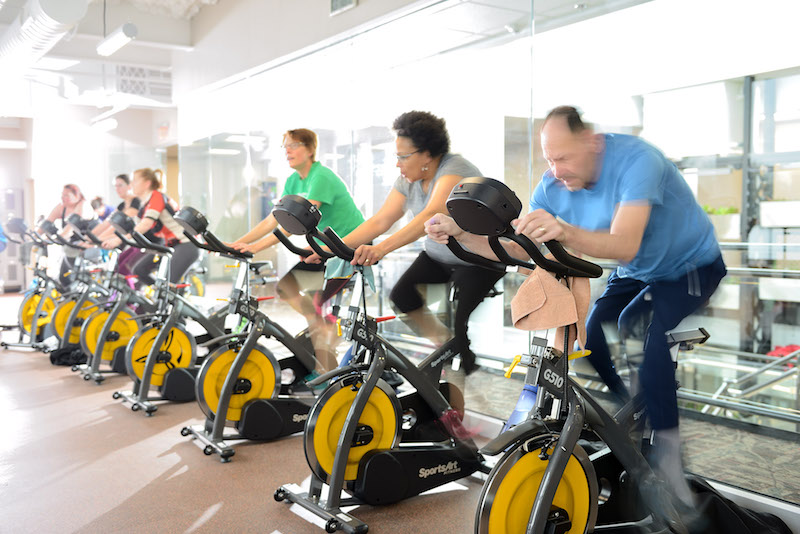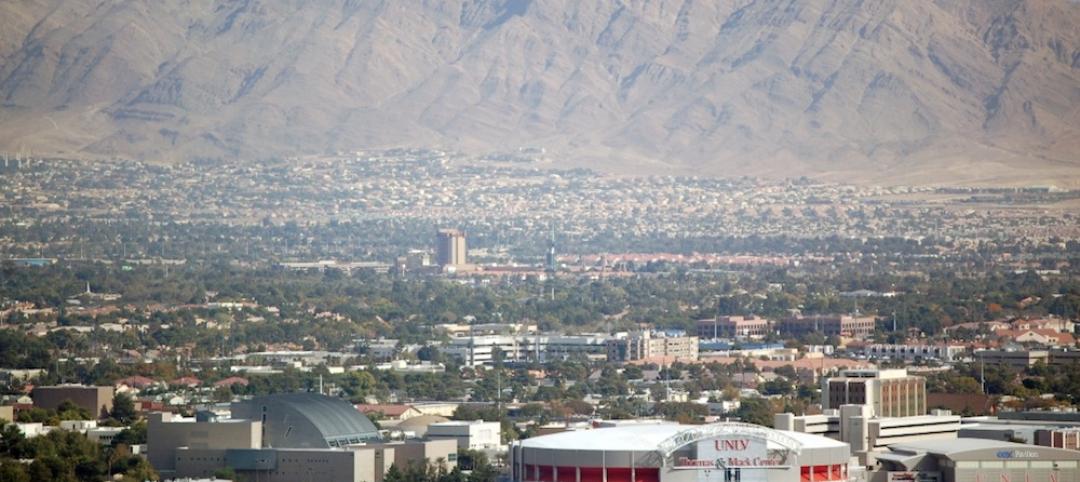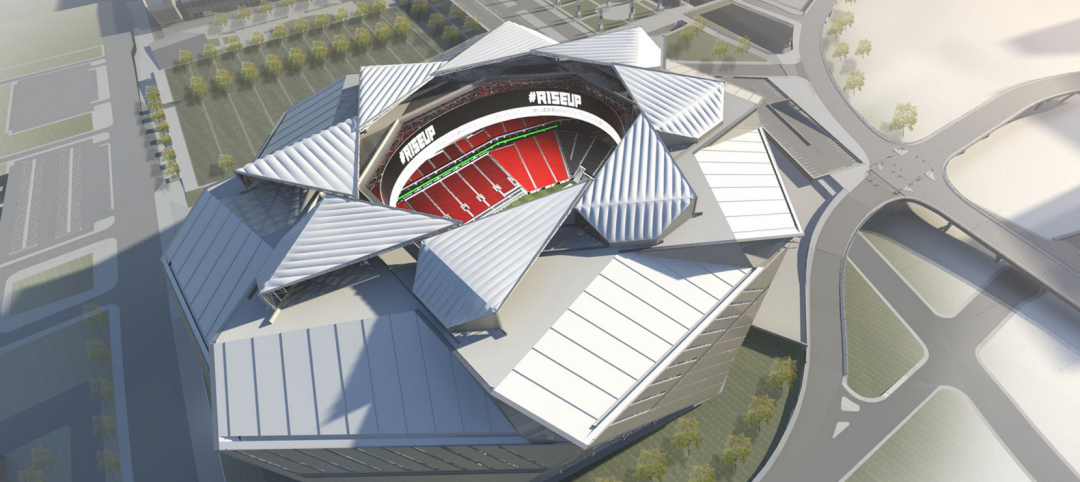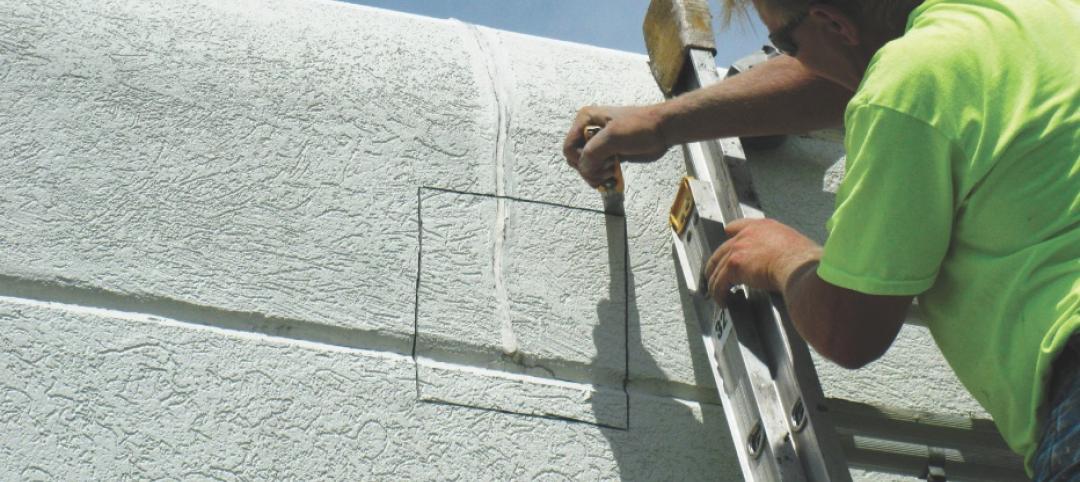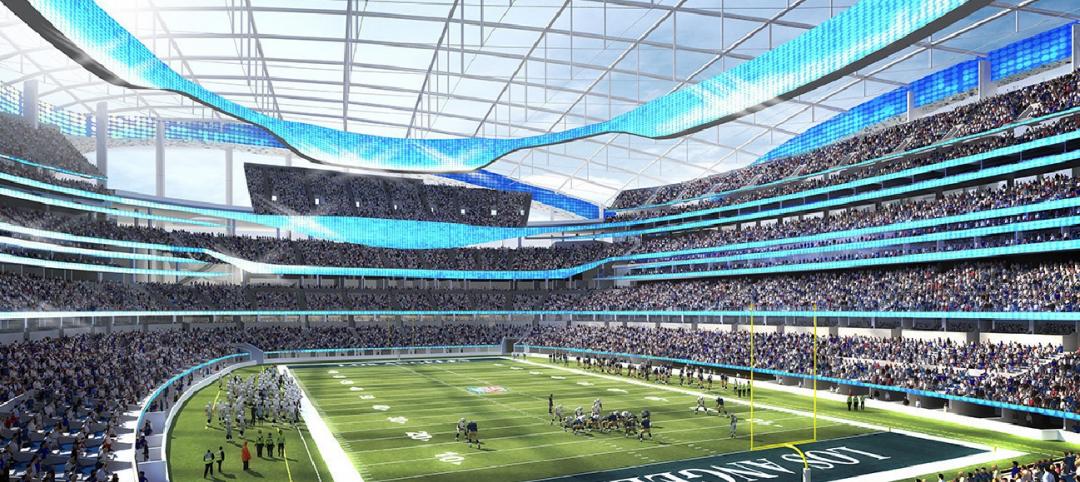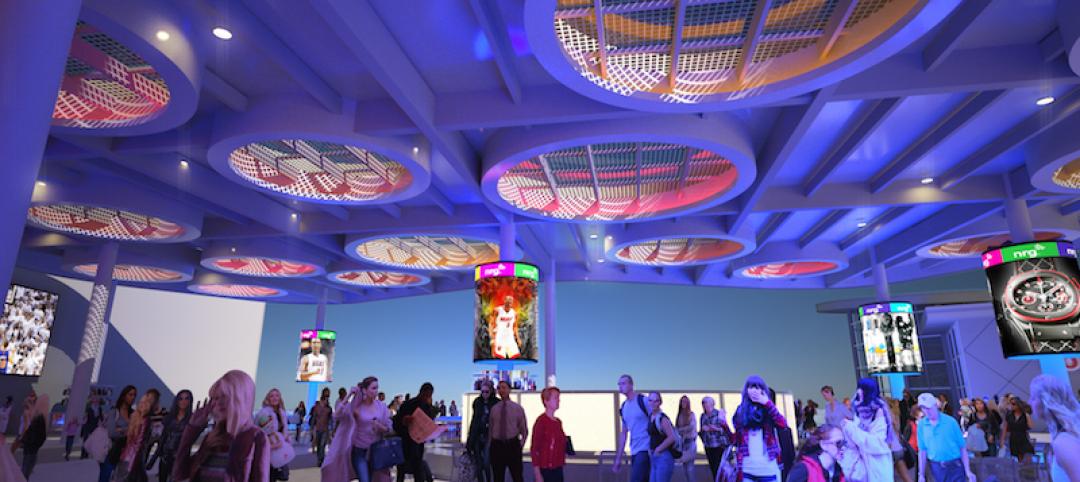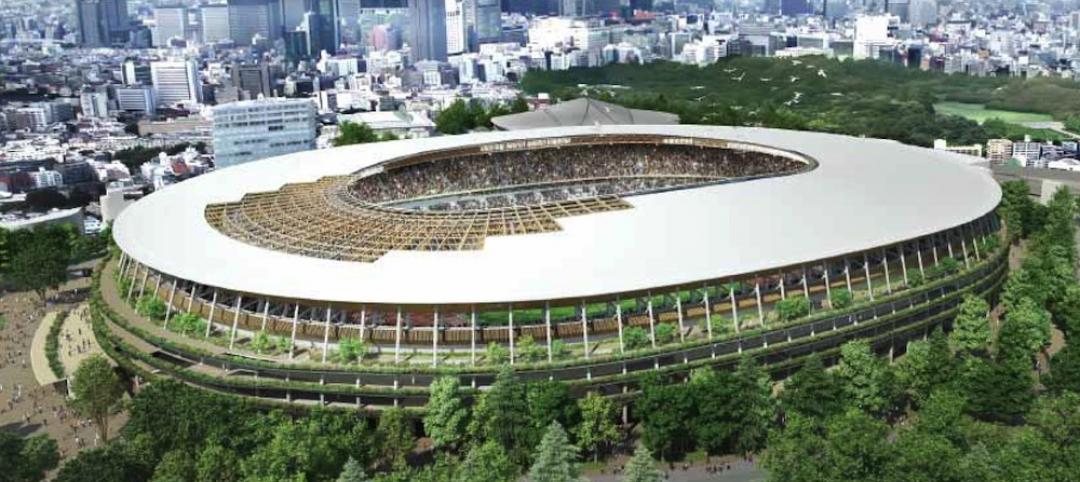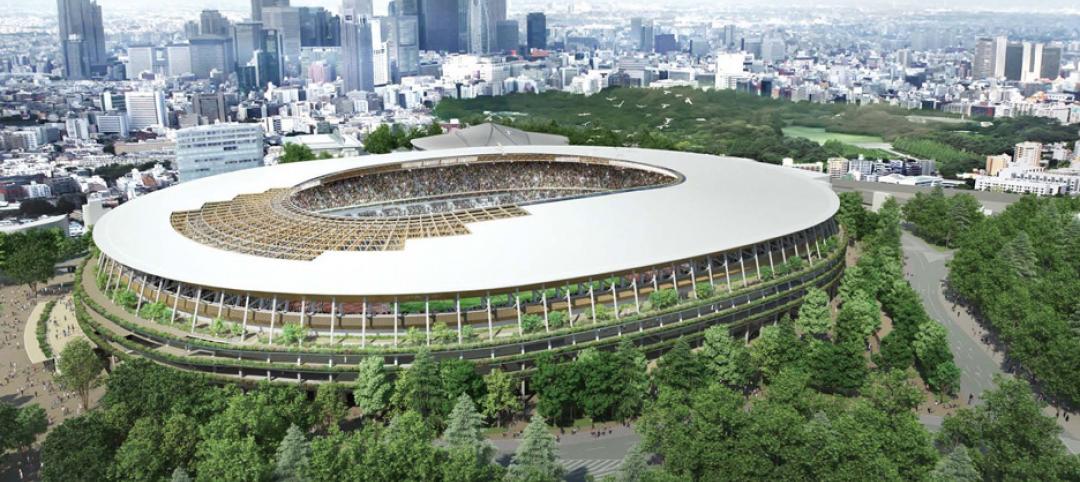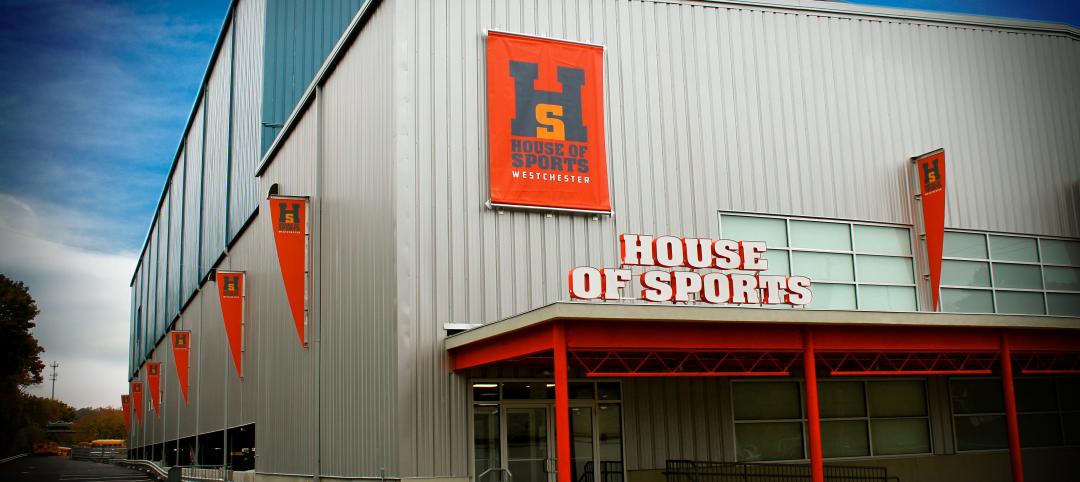Every day, in gyms across America, people of all ages and shapes exercise on treadmills, bicycles, steppers, and elliptical machines that provide their users with digital readouts of how fast they are going and how many calories they are burning.
And now, a new 1,300-sf gym that’s part of The Market at I-Square, a mixed-use development in Rochester, N.Y., is using the energy generated by members on its 17 spin bikes, two recumbent bikes, and two ellipticals as one of the sources powering The Imaginarium, a two-story, 9,000-sf Net Zero Energy arts-and-sciences center within the development that showcases earth-friendly practices, and includes the ECO Gym on its second floor, a rooftop kitchen and bar, a vertical garden, and a virtual-reality lounge.
ECO gym, which opened a few weeks ago, is expected to generate 3,660 kWhs of electricity annually, or about 5% of the Imaginarium’s annual demand. The Imaginarium gets another 35% of its power from small wind turbines with a power rating of 8.9 kWs. Other renewable energy sources for this center include 92 solar panels, and a geothermal heating and cooling system.
The exercise machines were provided by SportsArt America, whose U.S. headquarters is in Mukilteo, Wash. SportsArt started producing fitness equipment in 1977 and launched its ECO line in 2014.
Each piece of equipment has an interface where users can track their “human watts” (the amount of electricity a user is generating by using the equipment) and compare these to the amount of electricity the equipment returns to the grid. The company estimates that about 74% of the energy generated during a workout on its equipment is captured for use to power the building.
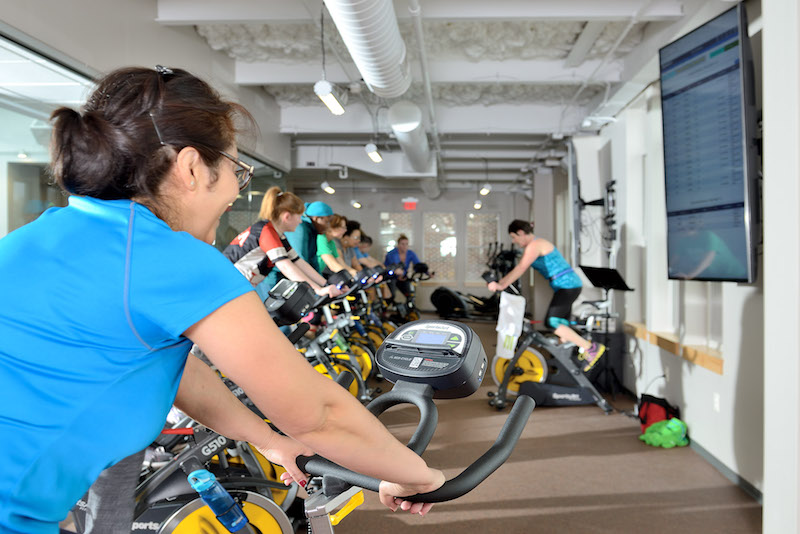
The gym's equipment lets users track their “human watts” against the amount of eletricity returned to the grid. The equipment captures about 74% of what's generated for the building's energy consumption. Image: SportsArt
Until recently, SportsArt—which does business in over 70 countries and has offices in the U.K., Switzerland, Taiwan, and Beijing—has placed its equipment mostly in gyms and hotels in Europe and Asia. It is now eyeing North America for growth.
The first U.S. gym to take on the company’s ECO-POWR cardio line of spinning bikes was Sacramento (Calif.) Eco Fitness, which opened in December 2016. At the time of that opening, SportsArt America estimated that a single hour-long workout would produce more than 160 watts per hour per unit of electricity.
Ivo Grossi, its CEO, says SportsArt America’s main target markets for expansion in the U.S. are independent health clubs and studios; colleges and universities; hotels, and multi-housing and residential projects. (On its website, SportsArt America has a room-planning page that allows homeowners to digitally place its equipment in different residential room configurations.)
“We look forward to bringing sustainability to the forefront of the fitness industry. We aspire to be the Tesla of fitness, which is a vision in line with the wants of the largest demographic group flocking to the fitness industry: The Millennials,” says Grossi.
I-Square and SportsArt America were involved in the interior design of ECO Gym in Rochester, whose Building Team included Meehan Architecture (architect), LeFrois Builders & Developers (GC), CM Armitage Electrical Contracting (EE), Kenron Industrial Air Conditioning (HVAC), and Green Leaf Professional Services (IT).
Related Stories
Sports and Recreational Facilities | Jan 29, 2016
Billion-dollar dome in Las Vegas could be the Oakland Raiders next home
The franchise, which is considering relocation if it can’t work out a stadium deal in the Bay Area, is listening to a new stadium pitch from investors in Las Vegas, led by the Sands Corp.
Giants 400 | Jan 29, 2016
SPORTS FACILITIES GIANTS: Populous, AECOM, Turner among top sports sector AEC firms
BD+C's rankings of the nation's largest sports sector design and construction firms, as reported in the 2015 Giants 300 Report
| Jan 14, 2016
How to succeed with EIFS: exterior insulation and finish systems
This AIA CES Discovery course discusses the six elements of an EIFS wall assembly; common EIFS failures and how to prevent them; and EIFS and sustainability.
Sports and Recreational Facilities | Jan 13, 2016
Multi-billion-dollar stadium planned as the NFL returns to Los Angeles
The Rams, formerly of St. Louis, will move into a new stadium possibly by 2019—and they might have a co-tenant.
Sports and Recreational Facilities | Jan 8, 2016
Washington Redskins hire Bjarke Ingels Group to design new stadium
The Danish firm is short on designing football stadiums, but it has led other impressive large scale projects.
Sports and Recreational Facilities | Jan 6, 2016
A solar canopy makes Miami’s arena more functional
NRG Energy teams with Miami Heat to transform an underused open-air plaza and reinforce the facility’s green reputation
Sports and Recreational Facilities | Dec 23, 2015
Kengo Kuma selected to design National Stadium for 2020 Tokyo Olympics
Japan chose between projects from Japanese architects Kuma and Toyo Ito. The decision has been met with claims of favoritism, particularly by the stadium’s original designer, Zaha Hadid.
Sports and Recreational Facilities | Dec 16, 2015
Tokyo down to two finalists for Olympic Stadium design
Both cost less than the Zaha Hadid proposal that was scrapped over the summer.
Sponsored | Sports and Recreational Facilities | Dec 14, 2015
Soccer Field in the Sky
House of Sports in Ardsley, N.Y., is home to a soccer field on the third floor of a downtown building.
Sports and Recreational Facilities | Dec 7, 2015
Michigan YMCA receives Universal Design Certification
The 116,200-sf Mary Free Bed YMCA in Grand Rapids is accessable for everyone who uses the facilities.


